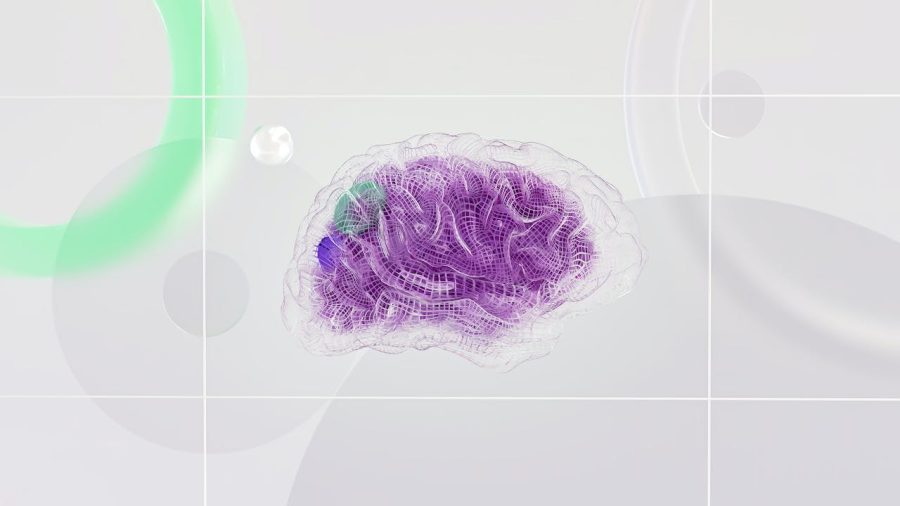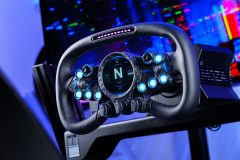Elon Musk’s neurotechnology company Neuralink is preparing for the most high-stakes launch of the billionaire entrepreneur’s career — its first-ever human clinical trial.
According to a recent Bloomberg report, the secretive startup seeks to recruit a volunteer willing to undergo brain surgery to have a chunk of their skull removed and Neuralink’s quarter-sized computer implant inserted. Ideal candidates are paralyzed adults under 40, as Neuralink aims to demonstrate the safety and utility of the device in collecting brain signals from the motor cortex in quadriplegics.
The implant’s electrode “threads” would be inserted into the brain’s hand area, allowing patients to potentially control computer cursors and robotic limbs just by thinking about moving their paralyzed limbs.
It’s a small but crucial first step toward the company’s lofty goal of creating a brain-machine interface that enhances human capabilities. Neuralink envisions a future where thousands have “robosurgery” to become cybernetic humans who can download knowledge directly to their brain chips.
Some scientists argue that Neuralink is distorting expectations about current capabilities.
The company said human trials could start in 2020 but has faced lengthy regulations reviews. Rival devices are already in human testing but lack Neuralink’s electrode density or computing power.
With brains, even tiny mistakes could have disastrous outcomes. Neuralink has aggressively accelerated the slow-moving field, investing in custom surgical robots and manufacturing. However, experts caution brain implants cannot be rushed to market with typical Silicon Valley “move fast and break things” thinking.
Animal rights groups have accused Neuralink of botched surgeries and mistreatment of test monkeys and pigs. But employees contend the animals receive excellent care and more natural lives than in typical labs. Regulators recently cleared the company to implant more humans in 2024, suggesting satisfactory safety data.
Investor hype around brain-machine interfaces has ballooned amid Neuralink’s flashy promises. Despite its setbacks, the company has reset expectations of what neural implants could achieve. But the stakes are far higher with human trials, and mistakes could set the field back years. For Musk, the pressure to succeed is enormous.
Featured Image Credit: Google DeepMind; Pexels; Thank you!


















